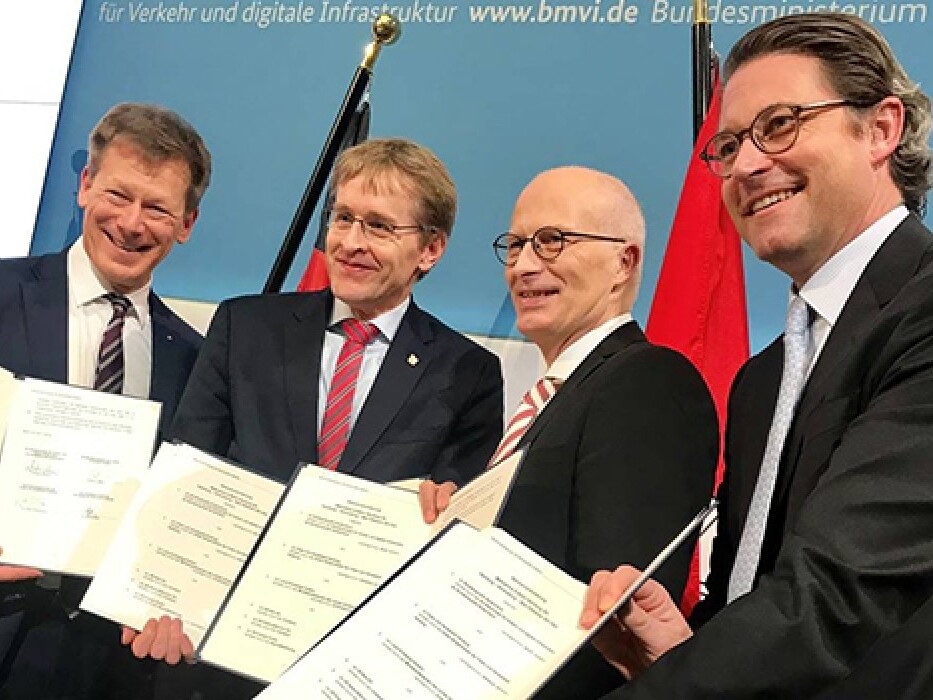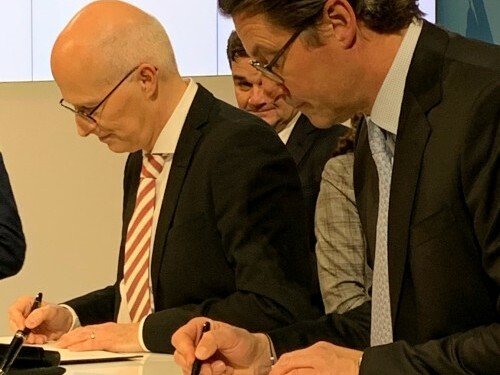Financing the construction of the new S4
On 29 November 2019, Deutsche Bahn's CEO Dr Richard Lutz, German transport minister Andreas Scheuer, Hamburg's premier Peter Tschentscher and Schleswig-Holstein's premier Daniel Günther were in Berlin to sign the financing agreement for the construction of the S4 suburban rail line between Altona and Bad Oldesloe.
Financing agreement between the German government and states of Hamburg and Schleswig-Holstein
The total costs for the S4 line between Altona and Bad Oldesloe come to some EUR 1.847 billion. This figure includes all potential risks. Concluded in November 2019, the financing agreement sees the federal government take on roughly 84% of the costs, or about EUR 1.557 billion. The states of Hamburg and Schleswig-Holstein are shouldering EUR 290 million, which breaks down into 70% from Hamburg and 30% from Schleswig-Holstein. Deutsche Bahn will contribute EUR 20 million to the project. Due to the importance of the Hamburg-Lübeck route for Europe's wider transport infrastructure, the states are also seeking financing from the EU. Some 100,000 passengers are expected to use the new S4 line every day. The duration of construction work will depend mainly on the level of disruptions that rail services can accommodate while the line is being built.
Dr Richard Lutz
CEO of Deutsche Bahn AG
"Every day, 250,000 people will benefit from fast and environmentally friendly rail connections. We have now finalised the financing agreement, which represents the first milestone in the project."
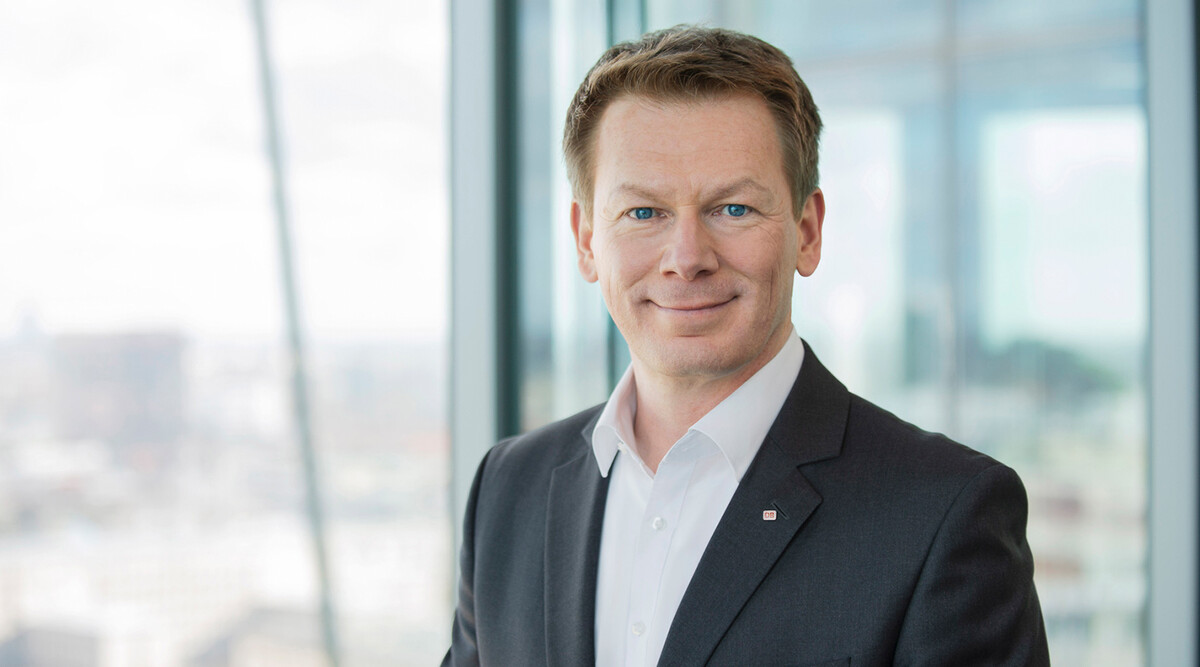
He emphasised that "by building the S4, we are creating a strong rail link between Hamburg and Schleswig-Holstein. Every day, 250,000 people will benefit from this fast and environmentally friendly connection. At the same time, we are removing a lot of the strain on Hamburg's main station, which in turn increases the reliability of train services for all travellers."
Andreas Scheuer
Former Federal Minister of Transport and Digital Infrastructure
"The S4 is a gigantic investment in northern Germany. We are pledging some EUR 1.5 billion in funding for the new S-Bahn line, which will make public transport in Hamburg and its hinterland more convenient, more efficient and more punctual."

He added, "We are freeing up the city's main station and creating more room for long-distance and freight traffic. With the funding they have received from the federal government, Hamburg and Schleswig-Holstein can now initiate the project with their partners at Deutsche Bahn. It's a huge win for commuters and travellers."
Dr. Peter Tschentscher
State Premier of Hamburg
"The S4 is a major project that will significantly improve commuter transport between Hamburg and Schleswig-Holstein while also reducing pressure on Hamburg's main railway station. Together with the federal government and Deutsche Bahn, we have arrived at a practical solution for financing this important mobility project in northern Germany."
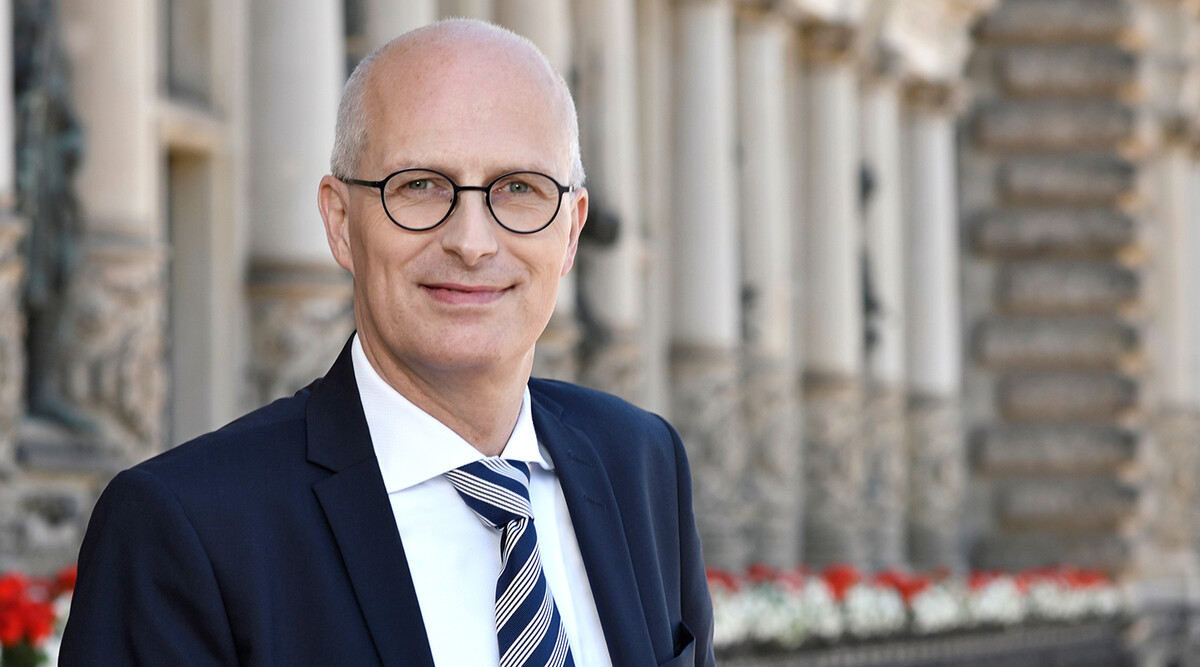
Tschentscher also added that "the future S4 service between Altona and Bad Oldesloe will create a fast and convenient rail connection for up to 250,000 people in Hamburg and Schleswig-Holstein. This reduces road traffic and improves mobility for everyone." By 2035, Hamburg's network of suburban rail and metro lines will grow by over 50 kilometres. The key projects are the S4 suburban service and U5 metro line. "Improving mobility within the city will be the focal issue for Hamburg's politicians over the coming decade," Tschentscher said.
Daniel Günther
State Premier of Schleswig-Holstein
"The S4 provides us with a new transport link, one that will benefit a great many people who live near the rail line between Hamburg and Lübeck."
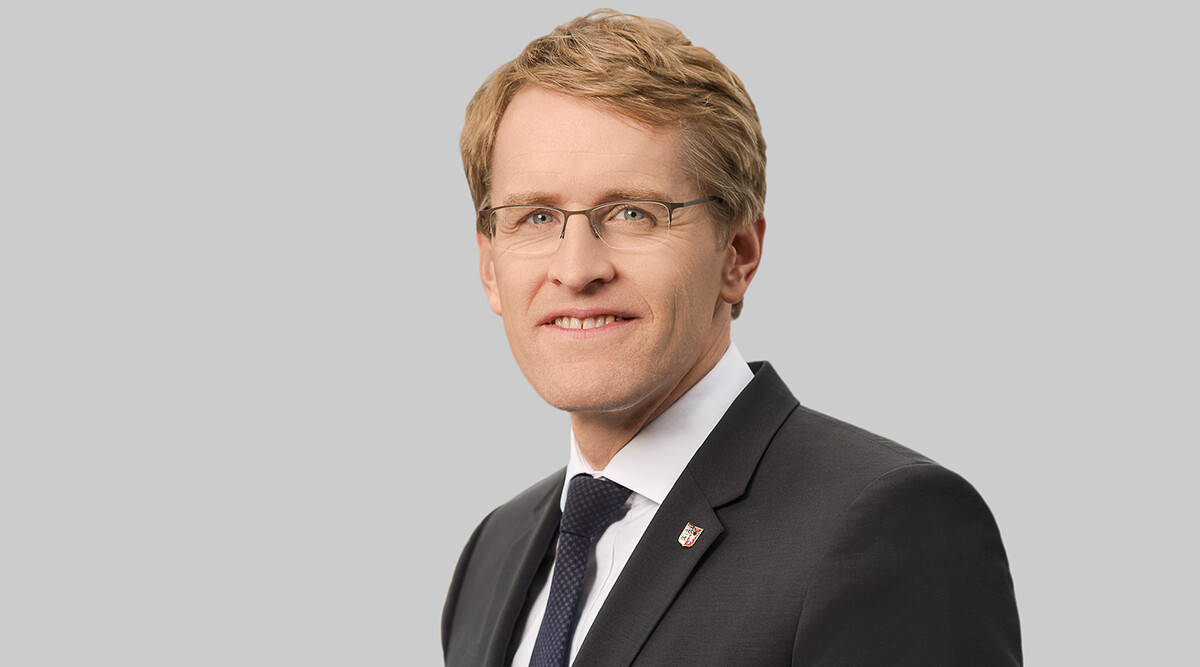
Günther was pleased that "there will finally be a noticeable improvement for one of the most important rail connections in Schleswig-Holstein thanks to the new S-Bahn line." Günther stated that Schleswig-Holstein had managed to achieve a very favourable outcome by undertaking lengthy negotiations and securing future amendments to the relevant legislation, and he added that the Kiel government would only have to contribute some 5.1% of the total EUR 1.847 billion. He emphasised that, thanks to the new S4, travellers from Bad Oldesloe would be able to get to Jungfernstieg and Landungsbrücken in Hamburg via Bargteheide and Ahrensburg without having to change trains.
Schleswig-Holstein plans to use the IMPULS programme to finance its share. With a total investment volume of around EUR 3.1 billion, this programme was established in 2015 and has been scaled up several times since then. Its objective is the refurbishment and modernisation of the state's infrastructure.
Reactions to the financing agreement

"#HeuteFahrIchÖffis
Next stop: Pulverhof. This is how the new #S4 from #Altona to #BadOldesloewill sound soon. "11 new & upgraded stations, good timetable & separate tracks: 100,000 people will have more efficient& punctual transport in and around #Hamburg every day." BM @AndiScheuer" Tweet from @BMVI

"Hamburg, Schleswig-Holstein, the government in Berlin and Deutsche Bahn have signed the financing agreement. It's a great day for the new #S4 S-Bahn line #Rahlstedt. Construction is due to begin next year, and trains will start running in 2025. Thanks to @oezoguz for the photo!" Tweet from @otbhh
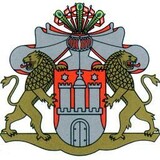
"Green light for #S4: federal and state governments conclude financing agreement. Premier @TschenPe: "The S4 will give up to 250,000 people a convenient connection between Altona and Bad Oldesloe. This will be a tremendous improvement for commuter transport between HH and SH." http://t.hh.de/13271364" Tweet from @Senat_Hamburg

Deutsche Bahn AG
"Green light for the #S4 from Altona in HH to Bad Oldesloe in SH! Great news for a #strongrail system. "Now we want to get building. We're already rolling up our shirt sleeves!" says DB's CEO Dr Richard Lutz. More information: https://deutschebahn.com/de/presse..." Tweet from @DB_Presse

"Standing in the transport ministry waiting for premier @TschenPe and peers to sign the contracts for the S4. We've come a long way! Now federal funding is available. #wandsbek #S4" Tweet from @oezoguz

"It's great that you're there on behalf of us all. Wandsbek & Rahlstedt are delighted!@spdwandsbek @spdfrakwandsbek @otbhh @BAWandsbek @pochnicht @marc_buttler @RahlstedtNews" Tweet from @Adressel

"Good news for commuters: after years of negotiations, financing for the new S-Bahn between #Hamburg and Bad #Oldesloeis now in place. Federal government provides 85%. Contract was signed today. #hvv #s4 #verkehrhh #bahn #sbahn #verkehr #nahverkehr https://www.nahverkehrhamburg.de/vertrag-unterschrieben-finanzierung-der-s4-nach-bad-oldesloe-steht-13280/" Tweet from @NahverkehrHH
